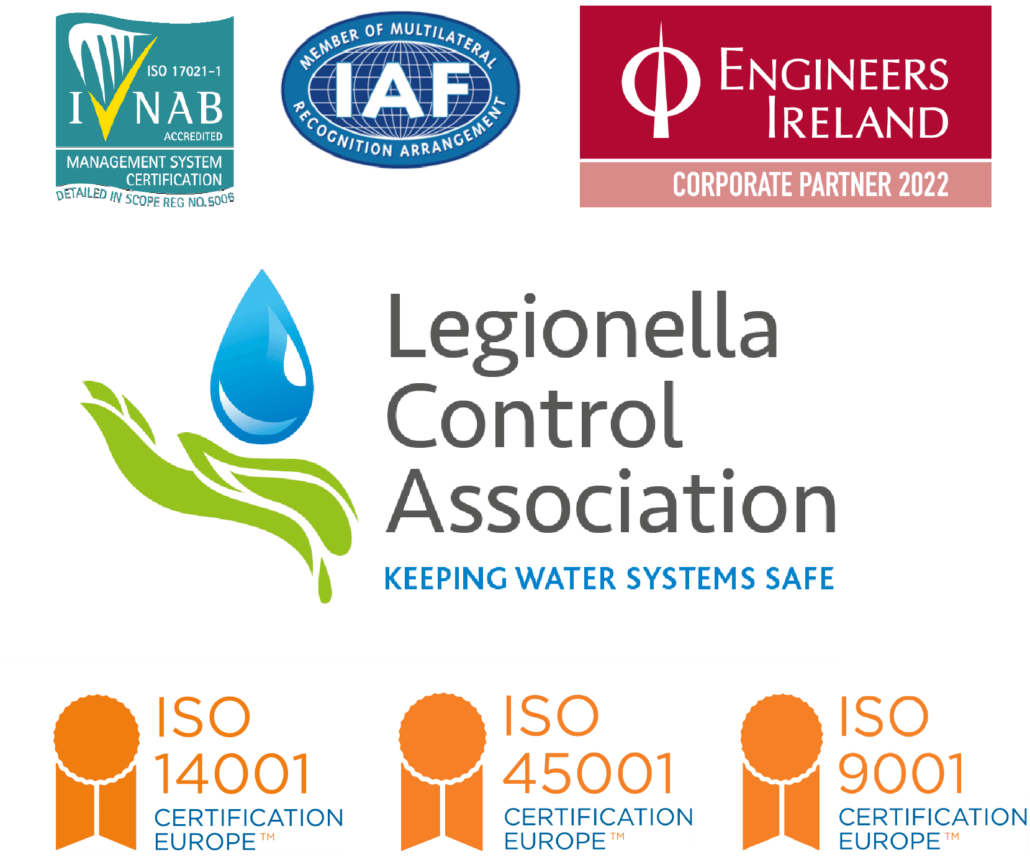Reasons for Strange-Tasting Water: Causes and Solutions
Water is a fundamental necessity of life, but what happens when it doesn’t taste quite right? If your water has an unusual or off-putting flavour, you’re not alone.
In this blog post, we’ll uncover the main reasons your causes behind your weird-tasting water, explore common causes, and provide practical solutions to ensure your drinking water is as refreshing as it should be.
Mineral Buildup
One of the most common culprits behind weird-tasting water is the presence of minerals, particularly calcium and magnesium, which can give water a distinctively “hard” taste. Hard water not only alters the flavour but also leaves behind scale buildup in pipes and appliances. If your water tastes metallic, chalky, or bitter, chances are you’re dealing with hard water.
Solution: Consider installing a water softener to mitigate the effects of hard water. These systems work by removing excess minerals, leaving you with smoother, better-tasting water. Regular maintenance and occasional resin bed cleaning can help ensure your water softener operates efficiently.
The Presence of Chlorine
Many municipal water supplies are treated with chlorine to disinfect the water and ensure its safety. However, using chlorine as a disinfectant can result in a noticeable taste or odour in your water.
Solution: Here at Aquachem, our disinfectant, EndoSan, is chlorine free. EndoSan is proven to be highly effective against a range of bacteria and biofilms, while also ensuring your water is left with no residual colour, taste, or odour.
Bacterial Contamination
Microorganisms such as bacteria, algae, or fungi can thrive in water sources and contribute to strange tastes and odours. Musty, earthy, or fishy flavours are often indicative of microbial contamination, which can occur in both municipal and well water supplies.
Solution: Ensure that your water source is properly treated and monitored for microbial contaminants. Regular testing and disinfection can help prevent bacterial growth and maintain water quality. Additionally, installing a point-of-use filtration system with a UV sterilizer can provide an added layer of protection against microbial contamination.
Corrosion Concerns
Old or corroded pipes can leach metals, sediment, or other substances into the water, altering its taste and quality. Lead, copper, and iron are among the most common contaminants associated with deteriorating plumbing infrastructure.
Solution: Inspect your plumbing system for signs of corrosion or deterioration and consider replacing outdated pipes or fixtures if necessary. Additionally, regular flushing of your pipes and the installation of a whole-house filtration system can also help in removing impurities and improve water taste.
Environmental Factors
Water can pick up tastes and odours from its surrounding environment, including soil, vegetation, and industrial runoff. Agricultural activities, industrial operations, and natural phenomena such as algae blooms can all contribute to unusual water flavours and odours.
Solution: Stay informed about potential environmental contaminants in your area and take proactive steps to protect your water supply. Investing in advanced filtration technologies, monitoring water quality regularly, and advocating for environmental conservation efforts can help mitigate the impact of external factors on water taste and safety.
Conclusion
Strange-tasting water can be a cause for concern, but with the right knowledge and actions, you can address the issue and enjoy clean, refreshing water once again. Whether you’re battling mineral buildup, chemical odours, microbial contamination, plumbing issues, or environmental influences, there’s a solution to suit your needs. By taking proactive steps to maintain water quality and address potential sources of contamination, you can ensure that your water system delivers great-tasting water that’s safe and satisfying to drink.






